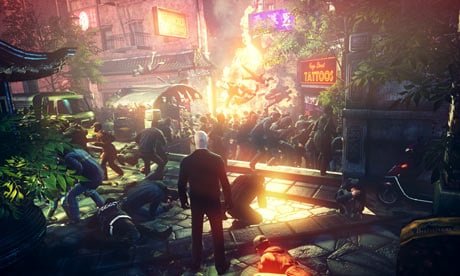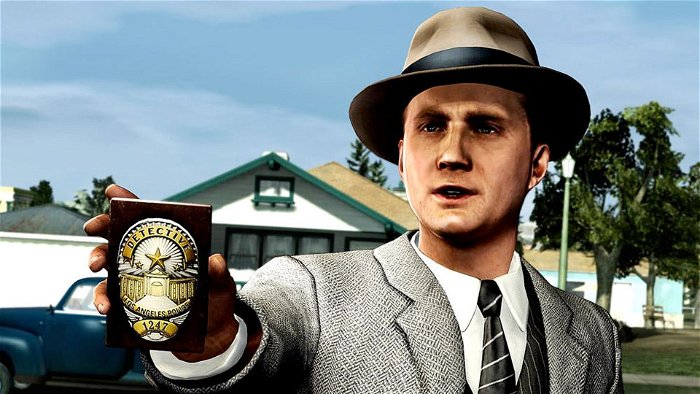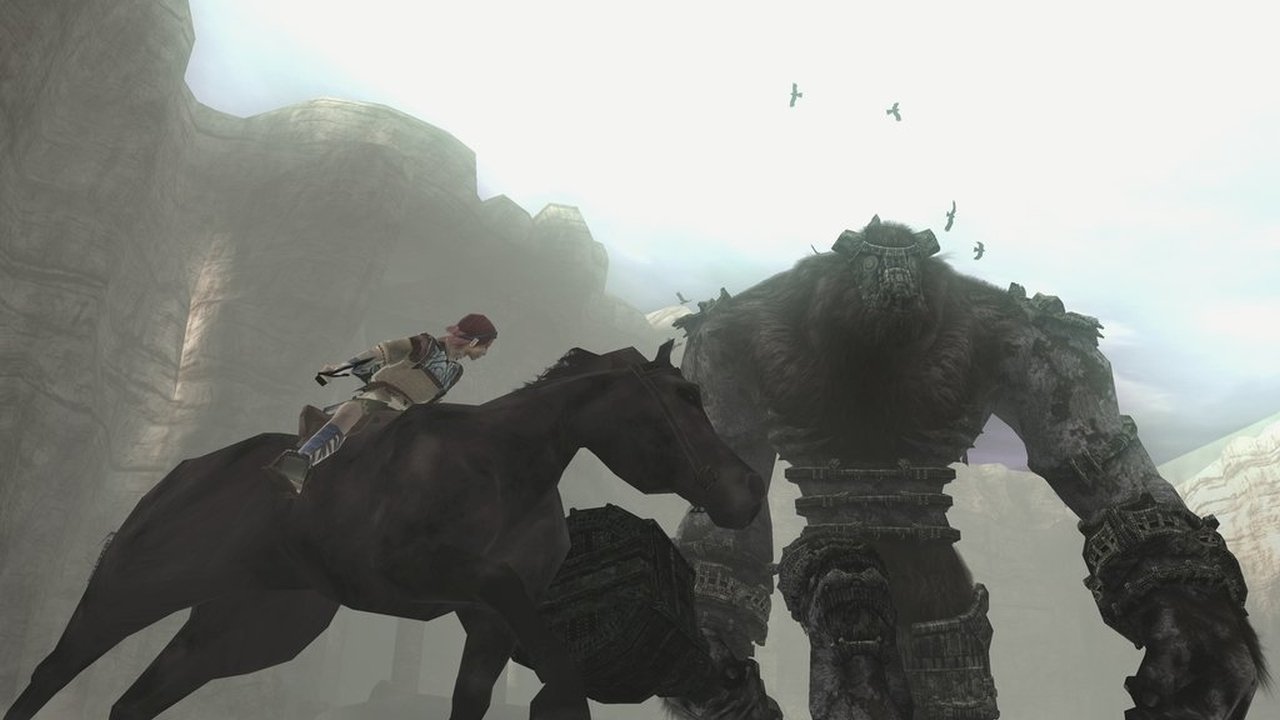The video game industry must find a way to combat the large percentage of gamers that don’t finish their games all the way to the end.
 During an interview with Playstation Magazine, Hitman: Absolution director Tore Blystad revealed that the metric system used by the development team to analyze typical player behavior concluded that only 20% of gamers will see the final level. Blystad believes that the reason for the low completion rates is because of the time commitment required to finish one single game. That, or people simply get bored of playing the same game across multiple sittings. What seems to the problem?
During an interview with Playstation Magazine, Hitman: Absolution director Tore Blystad revealed that the metric system used by the development team to analyze typical player behavior concluded that only 20% of gamers will see the final level. Blystad believes that the reason for the low completion rates is because of the time commitment required to finish one single game. That, or people simply get bored of playing the same game across multiple sittings. What seems to the problem?
There are hundreds of studies floating around on the Internet and in academic journals regarding the declining attention span of each successive generation. Some studies blame television. Other studies think it’s because our attention is so fragmented by the increasing number of devices and options at our fingertips. Regardless of the cause, the fact of the matter is that video game developers are finding it difficult to hold gamers’ attention. What can be done?
It’s probably tempting to some developers to cram as much action as possible into the first few hours of a game. Unfortunately, this means that those of us who stick around until the credits roll will inevitable suffer through hours of boredom near the end of the story. Developers must find what is truly interesting to gamers. Video games have become overly saturated with glamorous, explosive sequences that offer very little substance. Game developers seem to be relying increasingly on Hollywood movie-trailer effects to pad their games. The first few escapes from a burning plane are exciting. The next 500 aren’t.
All too often, I put a disc in my game console and sit down to follow the exact same formula. Grab a gun, hide behind something, jump out, shoot at the bad guys, and gather ammo when the smoke clears. That used to be very exciting. Nowadays, it’s almost strange if a game doesn’t feature that sort of robotic, mindless violence. As with the constant torrent of random encounters in Japanese RPGs, the endless amount of numbing “action” sequences has made many games increasingly dull. Sometimes, two or three alternate paths just isn’t enough. Nor are two hundred poorly hidden secret items scattered throughout the game. They are straw men solutions to the true problem.
That’s not to say that conceptually repetitive games can’t be entertaining. Shadow of The Colossus, for example, is essentially nothing about a continuous cycle of boss fights. Normally, fighting 16 bosses one after another would be akin to watching paint dry. What makes Shadow of The Colossus so compelling is the fact that each boss fight varies greatly from the last. A large chunk of time spent with the game is devoted to figuring out how to strike at weak points on an enemy, which can be quite challenging at times. The satisfaction of having finally brought down the giant colossi is almost unmatched. The constant challenge of finding each different weakness, and the rewarding sense of self-satisfaction afterwards, is what keeps the player powering through all sixteen boss fights.
 L.A Noire can be seen as incredibly repetitive on a conceptual level. Each case Rockstar’s crime thriller begins with Cole Phelps and his partner driving to a crime scene, eyeballing every single piece of evidence, then driving around and interviewing people. Almost invariably, the case will climax when a particularly bad liar slips up, or tries to shoot/punch Phelps in the face. It’s almost impossible to pursue the wrong suspect, unless you’re completely incapable of reading social cues. L.A. Noire spans across several DVDs on the Xbox, repeating the same formula over and over again. At no point does the game ever become boring, however. Each case is special, and it’s clear that the developers spent substantial amounts of time plotting them out. There are a number of different ways to go about the investigation, while almost always arriving at the same conclusion. In L.A. Noire, the player is challenged to drive the story forward by stringing together a variety of facts and clues. Conceptually, L.A. Noire should be very boring. The gameplay system is rather crude, and admittedly even clunky when it comes to action sequences. The perfectly manipulated thrills of the chase are more than enough to propel the game forward until the credits roll.
L.A Noire can be seen as incredibly repetitive on a conceptual level. Each case Rockstar’s crime thriller begins with Cole Phelps and his partner driving to a crime scene, eyeballing every single piece of evidence, then driving around and interviewing people. Almost invariably, the case will climax when a particularly bad liar slips up, or tries to shoot/punch Phelps in the face. It’s almost impossible to pursue the wrong suspect, unless you’re completely incapable of reading social cues. L.A. Noire spans across several DVDs on the Xbox, repeating the same formula over and over again. At no point does the game ever become boring, however. Each case is special, and it’s clear that the developers spent substantial amounts of time plotting them out. There are a number of different ways to go about the investigation, while almost always arriving at the same conclusion. In L.A. Noire, the player is challenged to drive the story forward by stringing together a variety of facts and clues. Conceptually, L.A. Noire should be very boring. The gameplay system is rather crude, and admittedly even clunky when it comes to action sequences. The perfectly manipulated thrills of the chase are more than enough to propel the game forward until the credits roll.
Developers need to capitalize on the strengths of their titles and find out what gamers crave, and what bores them. Both Shadow of The Colossus and L.A. Noire are examples of games where the developers have leveraged the strengths of the titles to keep players interested. It’ll be tough to isolate what exactly people want out of video games, but it has to be done before the bulk of the industry stagnates into the blandness that haunts the movie and music industries. Most people can name parts of games that they dislike. For some people, picking up a game after taking a break at a particularly “bad” spot could be a chore. Enough for them not to pick it up again.



